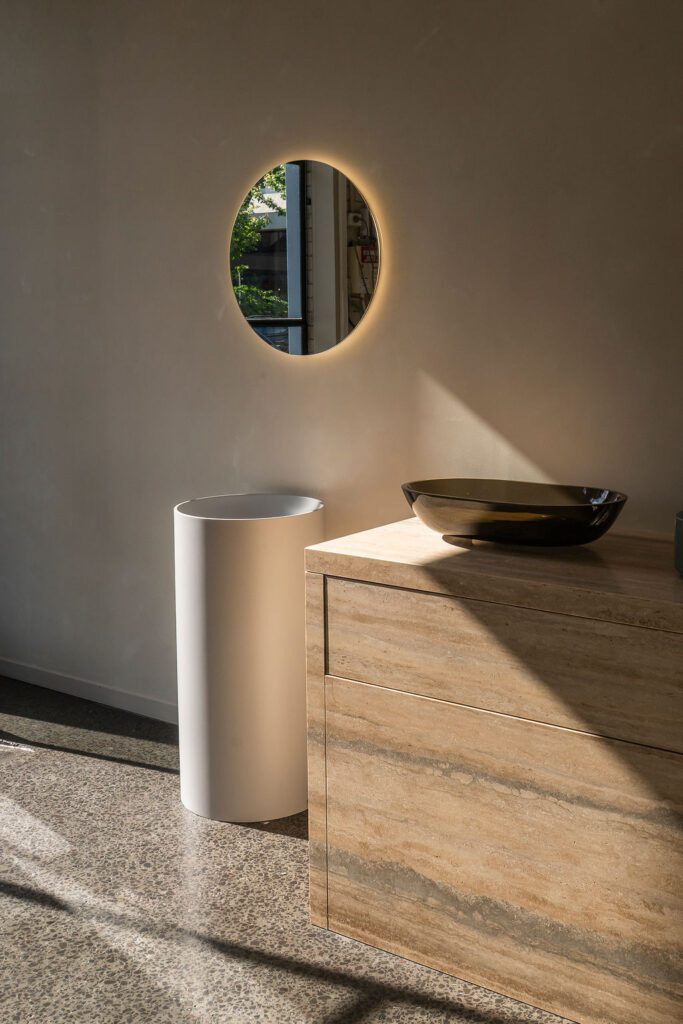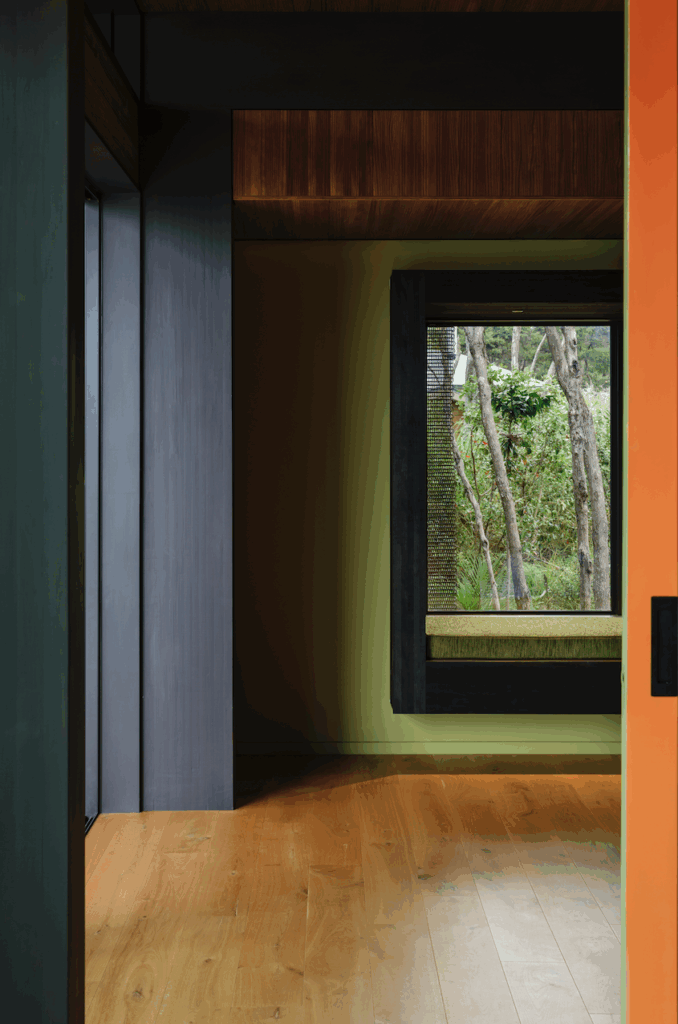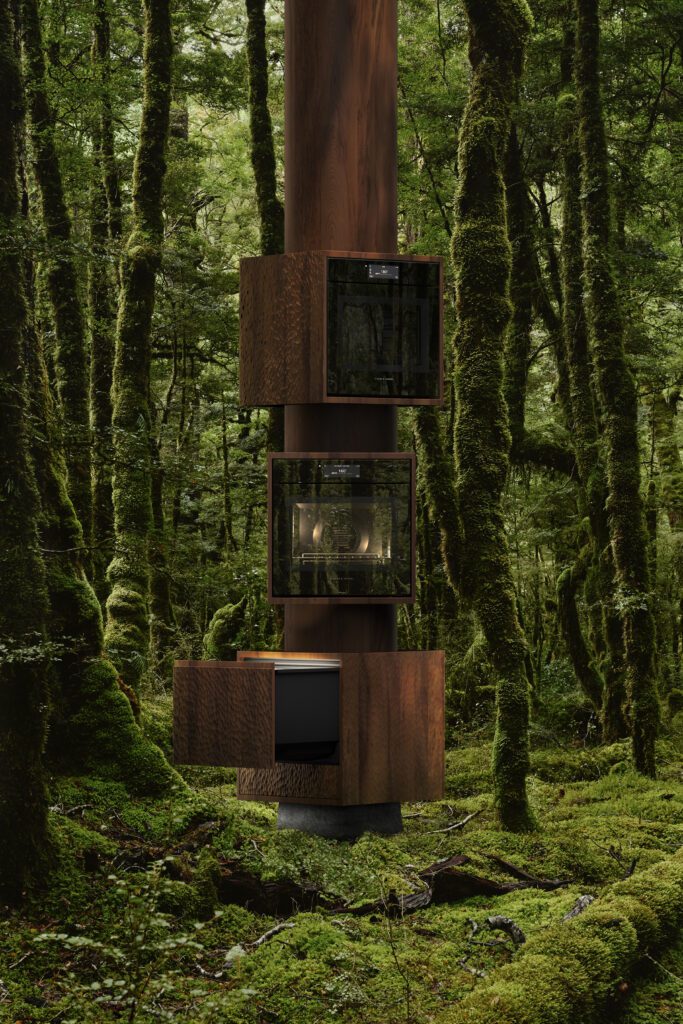For homeowners with the luxury of outdoor space or those looking to cultivate a garden in their homes but starting from scratch, there’s an abundance of information on home gardening but it takes some searching and, if you’re an amateur, it can be overwhelming.
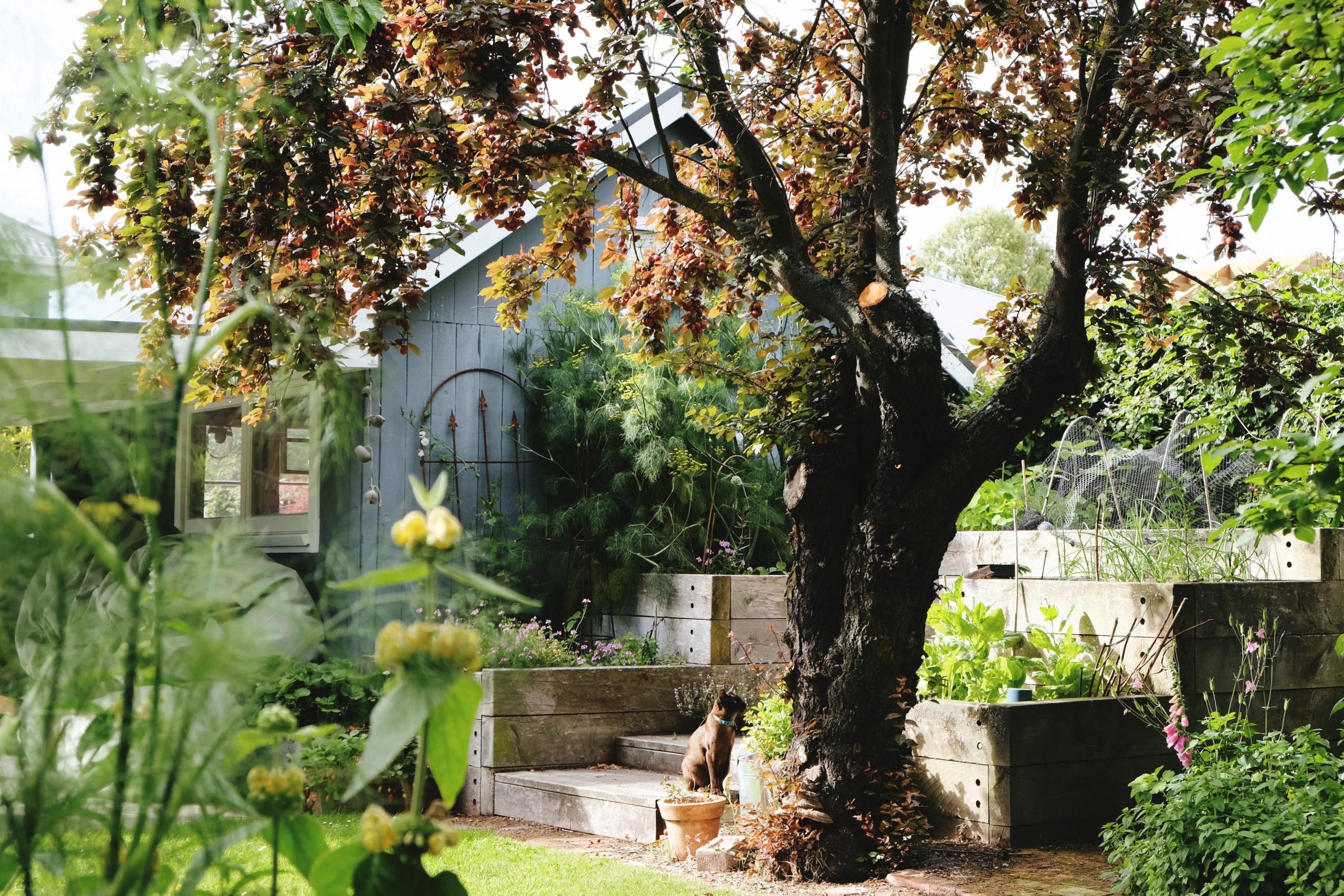
Home gardener and blogger Julia Atkinson-Dunn’s new book is a gift to new gardeners and plant lovers looking to grow and maintain a beautiful garden or plant space regardless of ability. With a focus on plants and flowers, Julia profiles 12 of her favourite flowering plants aimed at “relating outdoor spaces with atmosphere to feed the soul”.
We spoke to her about how to get started and how to approach our new favourite hobby.
What can we expect from Petal Power?
Petal Power is written for the total beginner gardener or those who haven’t experimented with flowers in their garden before. It is the book I wish I had at the beginning of my own adventure four years ago. A modern, local guide to act as a cheerleader, demystify basic growing concepts and language and demonstrate what a fellow beginner can achieve in a New Zealand garden.
When we moved into our Christchurch home in the late summer of 2017 I was so focused on the potential of the interior that the realisation I had a whole garden to play with too was kind of a shock. I had no idea where to start but knew that the garden, as it was, didn’t reflect the type of space that made me happy. Adopting the idea from my background in interior design that our homes should be a place where we can reflect ourselves, I decided a transformation was in order. As someone with zero knowledge on how to actually make this happen I have had an amazing adventure of learning as I go. Gratefully collecting snippets of knowledge from my Mum and other gardeners of her generation as well as buying up large on books, binge watching BBC Gardeners World on YouTube and following so many inspiring growers and gardeners on Instagram.
Do you have any tips for new home owners inheriting a garden or starting from scratch?
I would highly recommend taking it slow on your new outdoor spaces before investing in big changes that you can’t reverse. Take time to notice your garden throughout the day over the seasons. If you have inherited garden beds with your new home you might not know what is hiding below the ground ready to come up like bulbs in spring or perennials in summer. You might not realise that the tree you think blocks your view actually provides dappled, much wanted shade for your living room during the hot summer.Pay special attention to identifying which areas receive sun during the day and which might be shaded by a fence line or building. Also identify if there is a watering system in place and if not, look to install one when you have worked out your best spots for garden beds or before you begin making planting changes. This sounds confronting but there are fantastic kits to use yourself from most hardware stores.
If you’re looking to attract bees, plant anything that flowers!
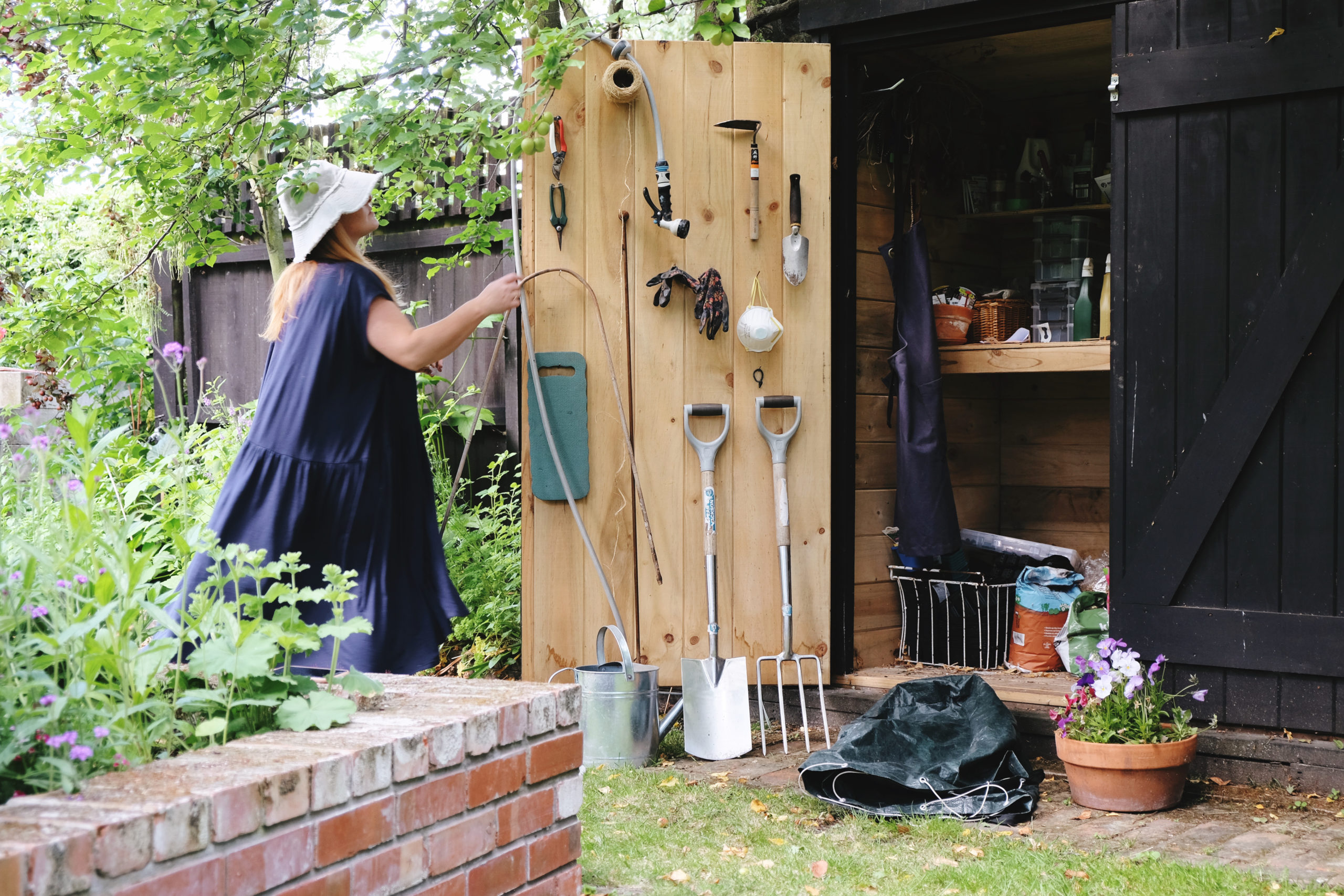
What’s one fail proof trick for floral arrangements staying fresh in the home?
Stripping all leaves off stems that will sit below the water line. Waterlogged leaves will rot fast, contaminate your water and reduce the length of time your flowers will last in the vase.
How can small garden owners make their spaces feel bigger when it comes to choosing which varieties to plant?
I feel that your quest should be for creating “atmosphere” rather than the illusion of space. Texture, layers and play with height will go much further in celebrating your available area as you can’t actually make it any larger! Use planter boxes, pots, creeping ground cover and grow climbers up your fences. An urban oasis where you are surrounded by plants with an edge of chaos is a great escape from the world.
How can we know if a plant we have is not well or needs extra love?
Any plant that looks as if it is wilting or floppy is having a bad time. So often this is due to under or over watering followed by disease.

For those of us who have more enthusiasm than skill when it comes to plants and gardening, what plants do you recommend for first timers?
Like anything, we can’t go from zero to hero in an instant, especially not with gardening due to the fact that you control only one half of the practice. Mother Nature has the reins on the rest and she regularly works with and against you at her whim!
Approach gardening as an adventure rather than a project with a start and end date. One of my favourite gardeners in New Zealand; Carolyn Ferraby of “Barewood Garden” in Marlborough once said to me “Growing a garden is like painting a picture that is never finished”. She couldn’t have put it better.
All plants are fair game for beginners, however the easiest way to get the wheels turning is to understand that plants fall into categories that explain their growing behaviour.
Annuals: grow from seed then flower and create new seeds before dying in a single year. These include brilliant, gratifying flowers for the first timers like sweet peas and cosmos.
Perennials: grow from seed, flower, set seed then recede down to their roots over winter before re-emerging to begin the process all over again from spring. They can live on for years in this cycle, increasing in size which allows you to dig them up and divide them into multiple new plants. This group includes many of my favourites like verbena bonariensis, knautia macedonica and echinacea.
If you are planting shrubs and trees you need to know if they keep or lose their leaves over winter and with every plant you grow, pay special attention to its expected height of maturity and favourite growing conditions. When a plant or seed label says that they need full sun, it’s mostly not a suggestion.
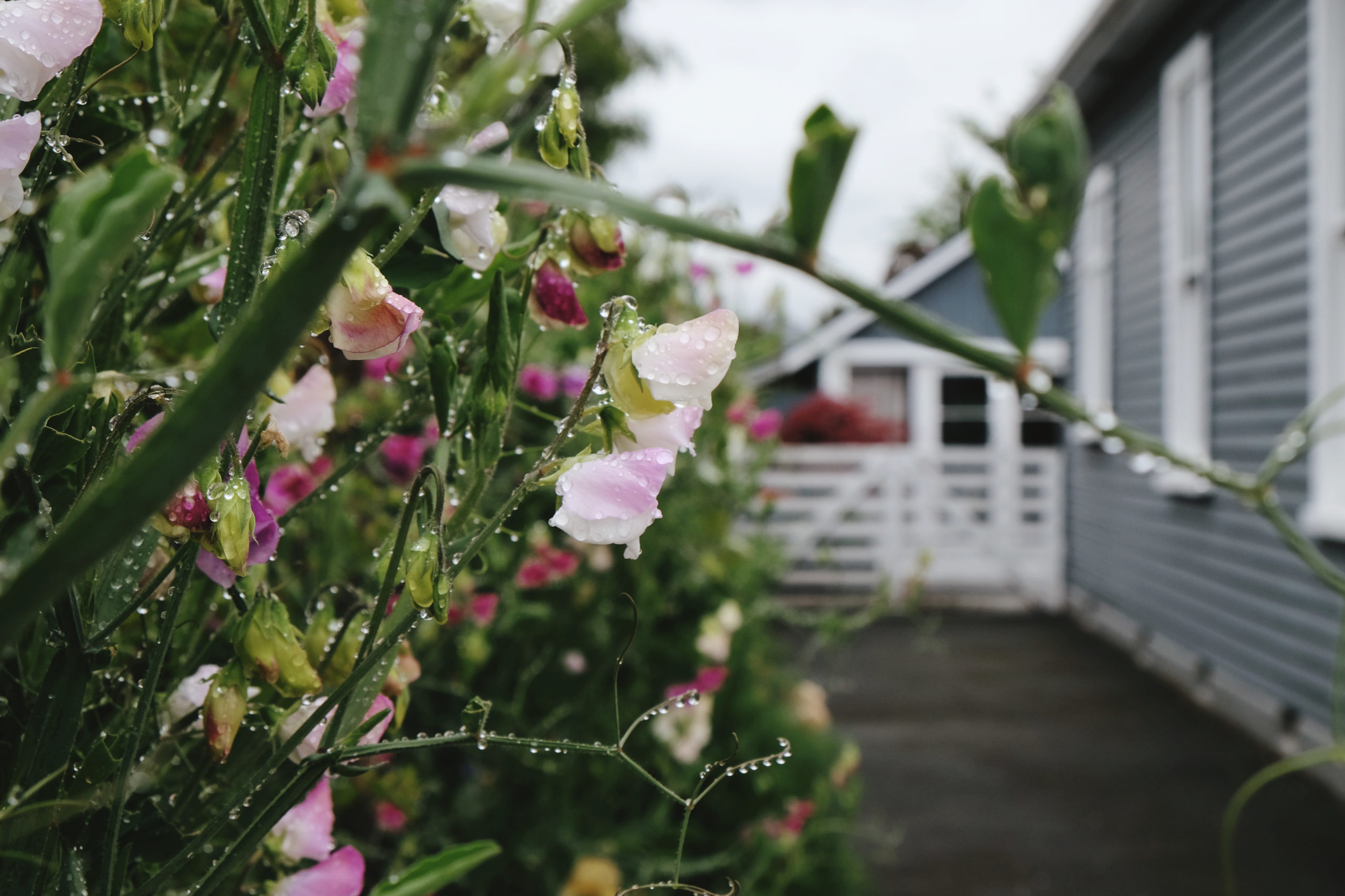
For apartment-dwellers, what are the best plants for balconies or small spaces?
Much like in a garden, I would create a mix of evergreen shrubs planted with seasonal flowering plants. I have had great success in growing a flower garden largely in pots and planters, the trick is you must be diligent with watering. Pots dry out twice as fast as the ground which means over summer you might need to be watering daily and certainly have someone to do it while you are away.
Remember the smaller the pot the faster it will dry out!
Plant Power is available for pre-order now from the Koa Press website or in February from your favourite local book sellers


